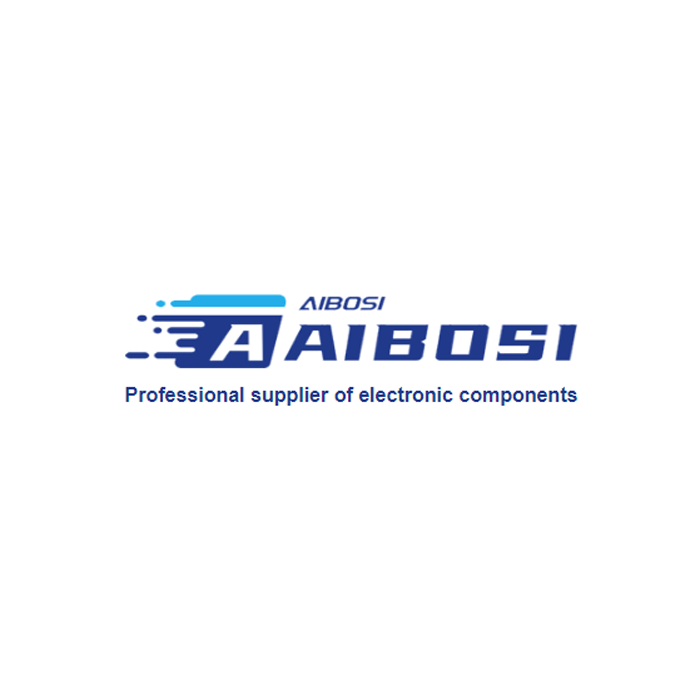Click to send email
potentiometer how to wire
A potentiometer, also known as a pot, is a three-terminal resistor that functions as a variable voltage divider. It is commonly used in electronic circuits to control the volume, tone, and brightness of devices such as audio equipment, lighting systems, and industrial machinery. Wiring a potentiometer is straightforward, as it typically requires connecting one terminal to the input voltage, another terminal to ground, and the third terminal to the output. The resistance between the output terminal and the ground terminal can be adjusted by turning the knob or slider on the potentiometer, thereby changing the output voltage. Potentiometers are available in various types, including rotary (knob-style) and linear (slider-style), with a wide range of resistance values and power ratings to suit different applications. They are reliable, cost-effective, and versatile components that are essential in the design of many electronic devices.



